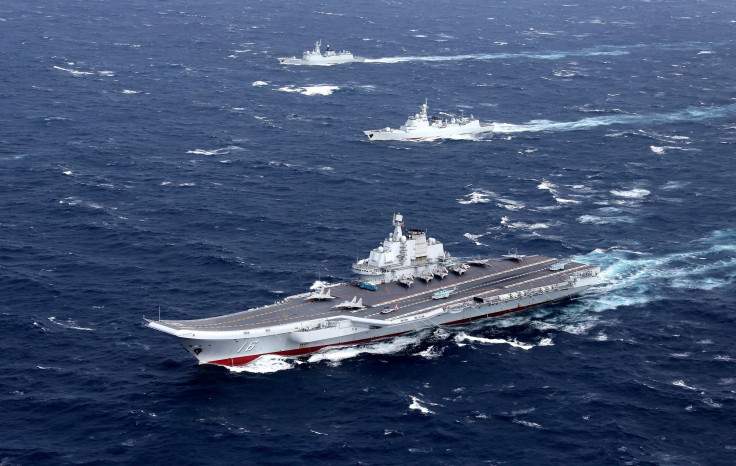South China Sea: Australia has neutral stand in territorial dispute

Conducting joint patrols in the South China Sea became a subject of immense debate and discussion following Indonesian President Joko Widodo’s visit to Australia last month. The proposal had come last year in a meeting between Indonesian and Australian foreign and defence ministers.
Concerning territorial disputes in the South China Sea, Indonesia has expressed it does not want to have a territorial ambition in the region. While it says it is not a claimant state in the region, it has shown support for a united ASEAN front.
At the same time, the country has maintained sovereign rights over its territorial waters. This came on the heels of three incidents involving fishing vessels from China entering the Indonesia’s Exclusive Economic Zone last year.
Speaking with The Australian, Widodo said the joint patrols in the South China Sea were “very important” if they did not give rise to any tensions in the region. “If there is tension like last year it’s difficult to decide [on] this program,” Widodo said.
Although China has not claimed any part of Natuna Islands, it has said the surrounding waters are a part of its “nine-dash line.” This, China said, allows them to fish in the area legally. However, the surrounding waters come under Indonesia’s exclusive economic zone.
Australian foreign minister denied reports earlier this month concerning joint patrols of the South China Sea near Natuna Islands. She said the Indonesian president did not suggest the proposal. Her comments came during a visit to Jakarta for a regional summit, where she said Widodo did not suggest Australian boats would travel to Indonesian waters.
Bishop’s comments came hours before Prime Minister Malcolm Turnbull travelled to the Indonesian capital to attend the Indian Ocean Rim Association Summit. Following a meeting with Bishop, Indonesia's coordinating Minister for Maritime affairs, Luhut Pandjaitan, expressed his uncertainty over a need for joint patrols. "But for sure for economic activities we can do a lot," he said, noting that Australia can have a significant position in enhancing Natuna Islands' tourism.
The Australian government had announced following the international arbitration ruling at The Hague that the country had a neutral stand in the territorial dispute. There was a gap with regard to Indonesian and Australian military cooperation, notwithstanding the fact that the two countries collaborate in maritime security activities. The deficit, which had been caused due to some “technical reasons,” was restored during Widodo’s visit Down Under.






